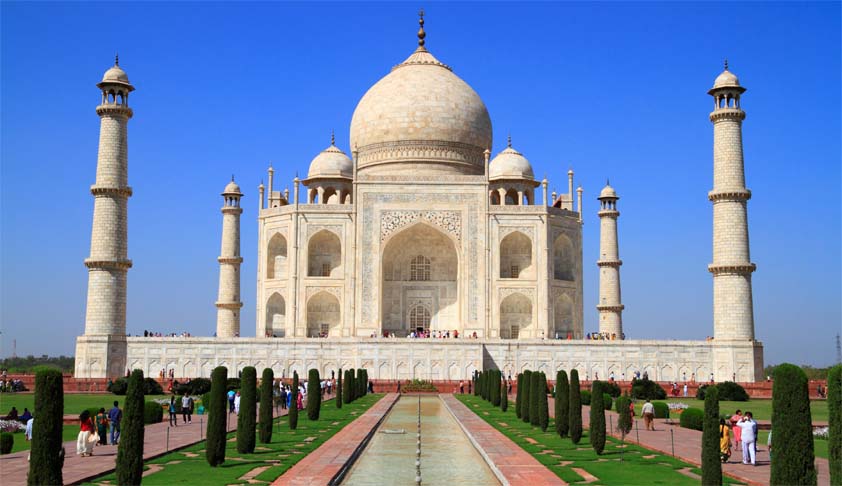The Supreme Court on Monday refused to overturn a ban on outsiders entering the Taj Mahal complex in Agra for namaz or Friday prayers, asserting that the monument is among the seven wonders of the world and hence, needs to be protected.According to a PTI report, the Bench comprising Justice A.K. Sikri and Justice Ashok Bhushan opined that there are several other mosques in Agra where those...

